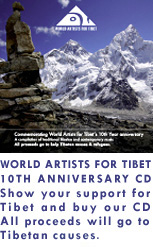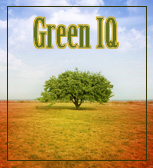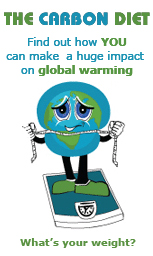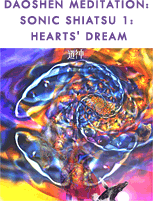Ask Ronit
 I Like Your Ponytail, A Story About Commitment
I Like Your Ponytail, A Story About Commitment
“I like your ponytail.” I said in a playful manner. “Ponytail?” he repeated in a thick French accent. There and then began the most extraordinary odyssey of my life.…
Avoid 90% of the Pesticides in Food, by Avoiding 12 Foods
Why should you care about pesticides in your food?For starters there may be as many as twenty pesticides on a single piece of fruit you eat.…
Dear Mrs. Black,It was January 1967 when this 11 year-old, frightened, little Israeli girl walked into your classroom for the first time. I had only arrived in the country two weeks before.…
With sex all around us, oozing out of our televisions, theaters, magazines, fashion, on the streets, one would think we are the most sexually informed, open and comfortable nation on the planet.”…
I’m sure by now you all have noticed the ongoing meltdown in the mortgage industry. The cause of this whole mess is a little bit complicated, rooted in both the structure of the mortgage industry, and human nature. I’ll try to explain both factors here in layman’s terms.…
Breaking old habits; Creating new Ones
We are mostly habitual beings. Webster defines habit as an acquired mode of behavior that has become nearly or completely involuntary.…
Navigation
The Preservation Predicament
Is the preservation of biologically rich landscapes a losing battle? Some scientist fear that with an era of changing climates our best efforts to protect these areas may be just a waste of time. As global warming continues to contribute to higher water temperature and the rise of sea level, current efforts on the way to maintain salmon runs in Pacific Northwest streams, restoration of fresh water flow of the Everglades and the preservation of some fragile coastal barrier islands are being reconsidered. Uncertainty surrounding the rate of climate change is making it more difficult to determine what is the best course of action.
The Intergovernmental Panel on Climate Change has estimated sea levels may rise as much as two feet by the end of the century. If that is the case, Dan Kimball, superintendent of Everglades National Park, says that up to 50 percent of the Everglades’s fresh water marsh “would be transformed into a salt water system.” But, he said, restoring the fresh water flow might “create a fresh water barrier, hopefully, and keep the rising seas at bay.”

 My Hero
My Hero We Are Sexual Beings
We Are Sexual Beings The Banking Implosion
The Banking Implosion















Organic usually means that it has no prversvatiees, or made using no chemicals, pesticides, that sort of thing. That means that it is more likely to be fresh. The drawbacks are that they cannot be made in large quantities unless they sell quickly. If they don't sell quickly, they can spoil. Therefore, organic products are made in smaller batches, leading to higher prices. Whether or not organic food is better is up to you. Give up your cash or your health.
3Kav2I reeyzmsteoah
Post new comment